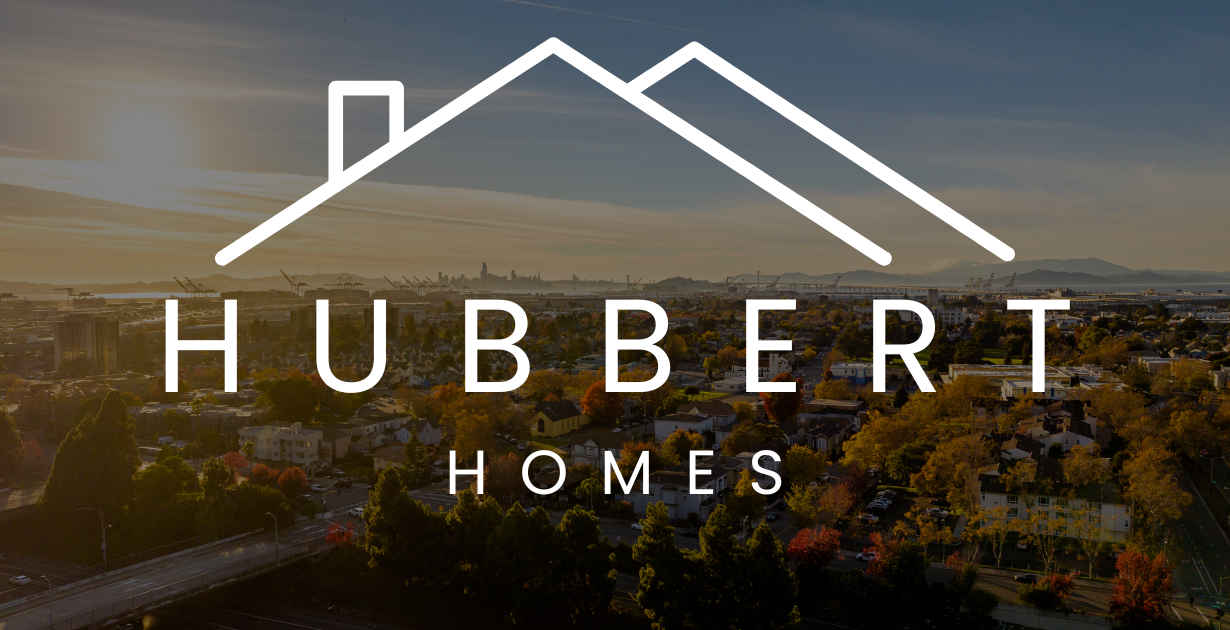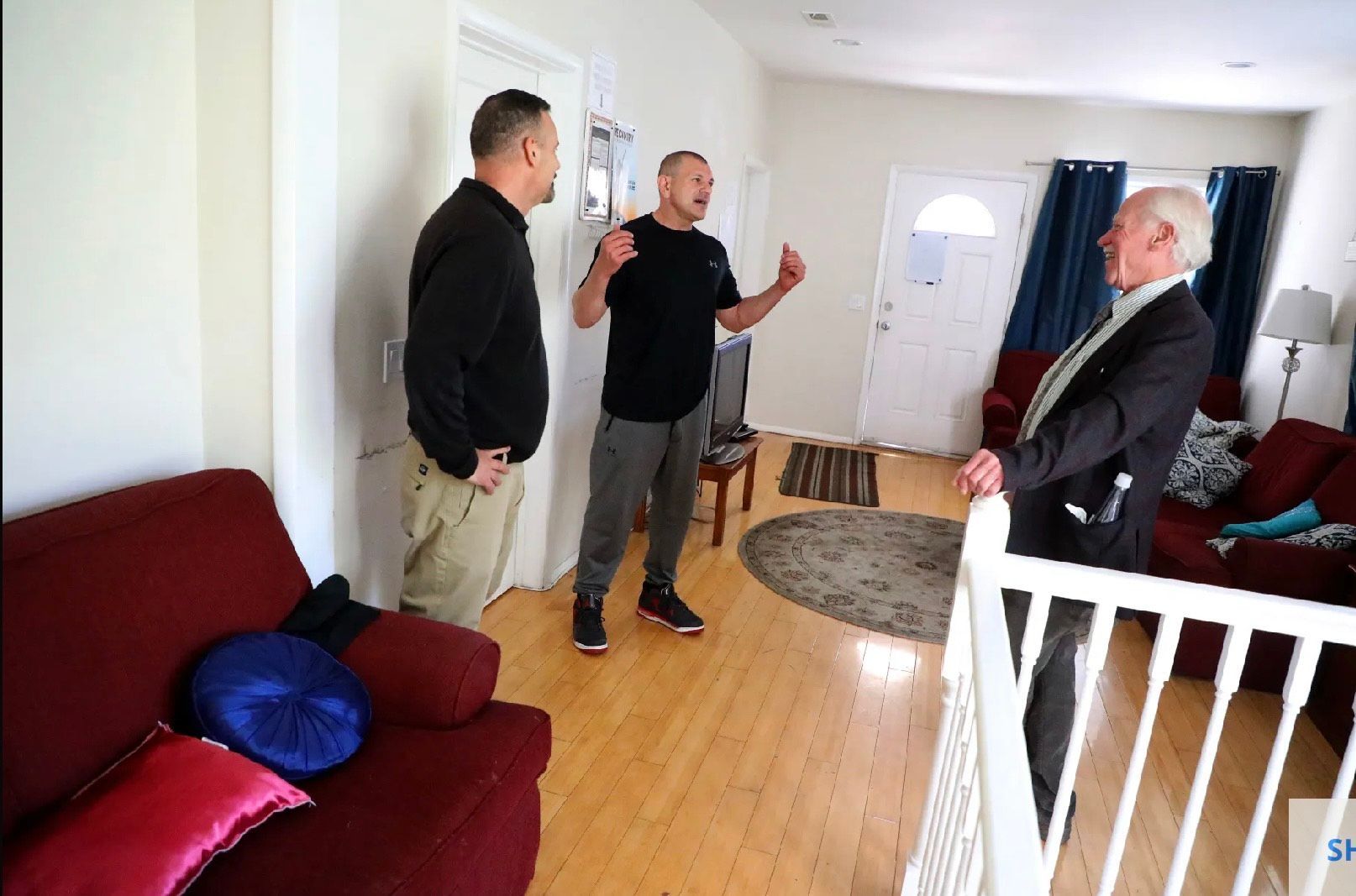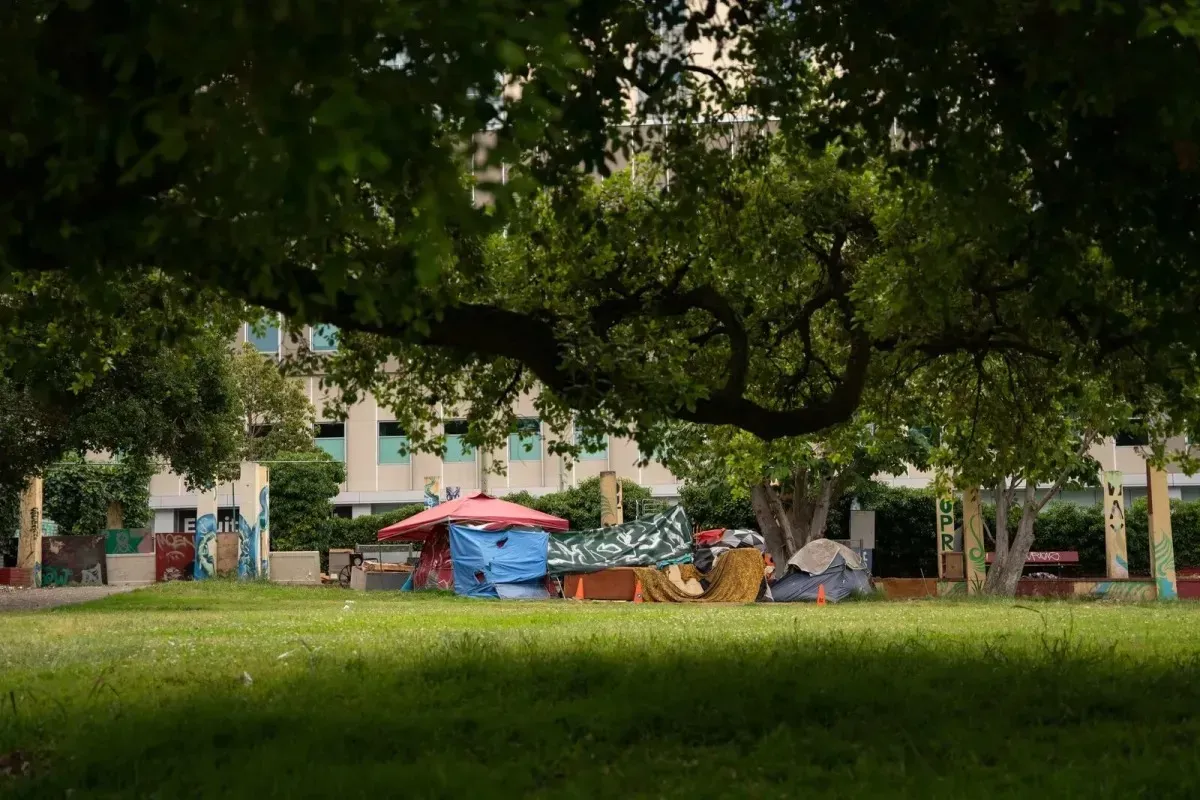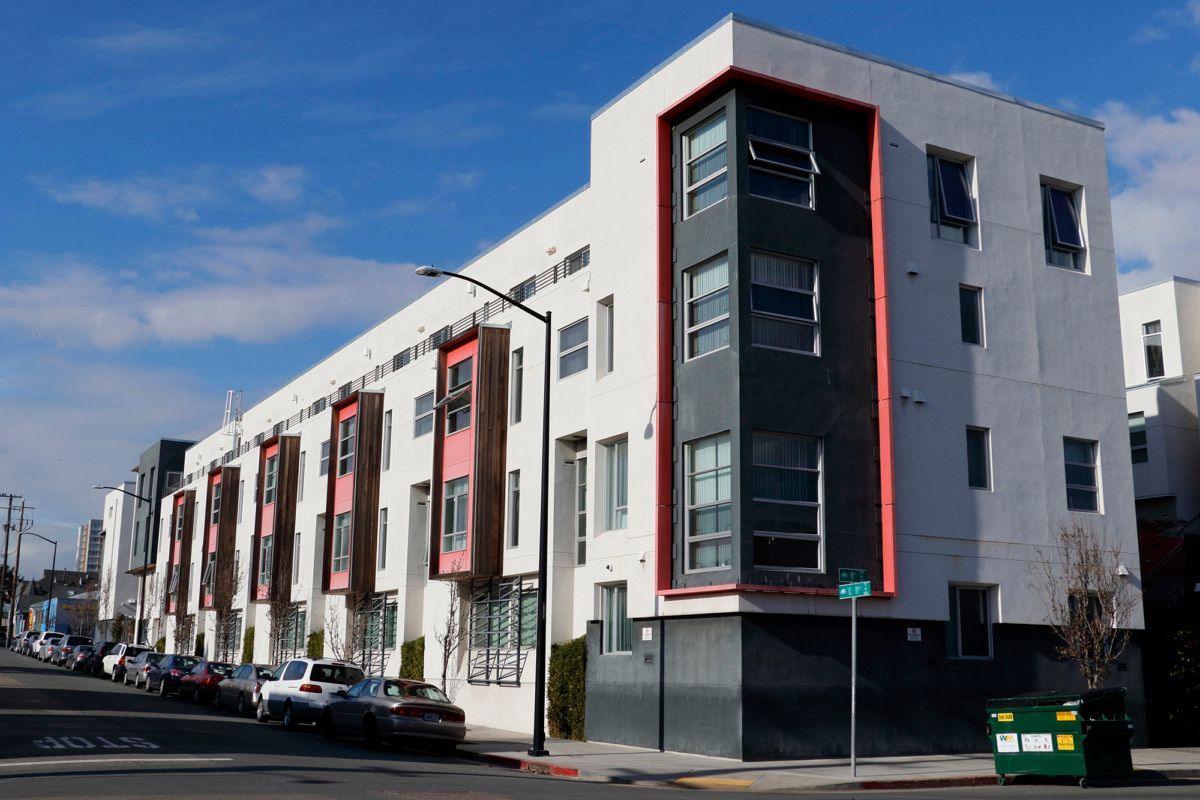Finding Stability: How Sober Living Can Transform Your Life
Life after addiction can feel overwhelming, but with the right support, transformation is possible.

Hubbert Homes, we understand the challenges women face when seeking stability and independence, which is why our sober living environments in Oakland, CA, are designed to empower women to rebuild their lives in a supportive and structured community.
Why Sober Living Matters
Recovery is not just about abstaining from substances; it’s about creating a new foundation for a brighter future. Sober living environments provide a safe space where individuals can focus on their recovery without the pressures and triggers of their previous lifestyle. Here are some of the key benefits of sober living:
- Accountability: Structured environments encourage personal responsibility and goal-setting.
- Community Support: Residents connect with others who understand their journey, fostering a sense of belonging.
- Access to Resources: Sober living homes often provide access to job training, counseling, and other recovery tools.
For women overcoming addiction, domestic violence, or homelessness, sober living can be the bridge to lasting change.
The Hubbert Homes Approach
Located in Oakland, CA, Hubbert Homes provides more than just housing; we offer a community where women can heal, grow, and thrive. Our sober living program includes:
- Safe and Structured Living: Our facilities are designed to provide comfort and stability.
- Weekly Meetings: Residents participate in weekly check-ins and group sessions to share their progress and challenges.
- Resource Connections: We partner with local organizations to provide access to job training, counseling, and essential services.
Success Stories
One of the most rewarding aspects of sober living is seeing how lives can change. Many women who come to Hubbert Homes leave with renewed confidence, stable employment, and a clear path forward. Their journeys are a testament to the power of a supportive community.
How to Take the Next Step
If you or someone you know is searching for a sober living program in Oakland, CA, we encourage you to reach out to Hubbert Homes. Our team is here to provide guidance and support, ensuring every resident has the tools they need to succeed.
Contact us today to learn more about our services or to schedule a tour of our facilities. Together, we can build a foundation for a brighter future.







